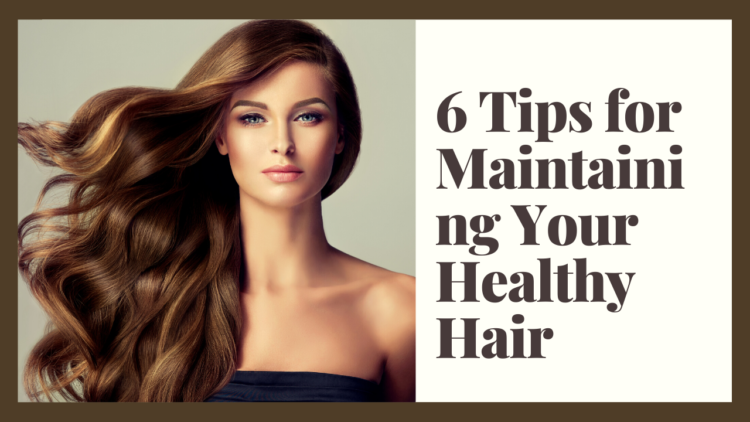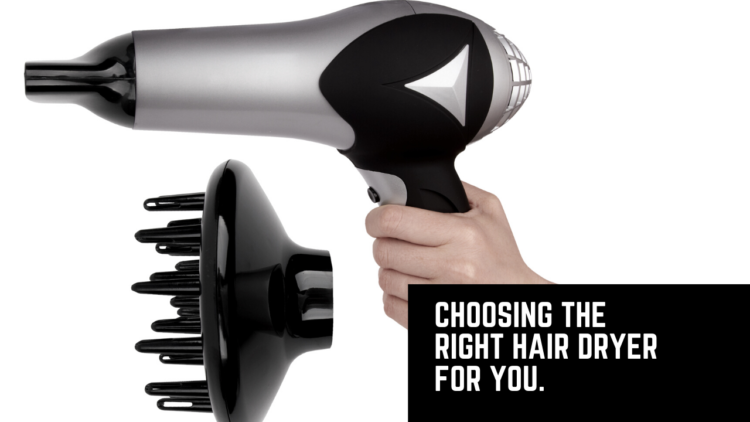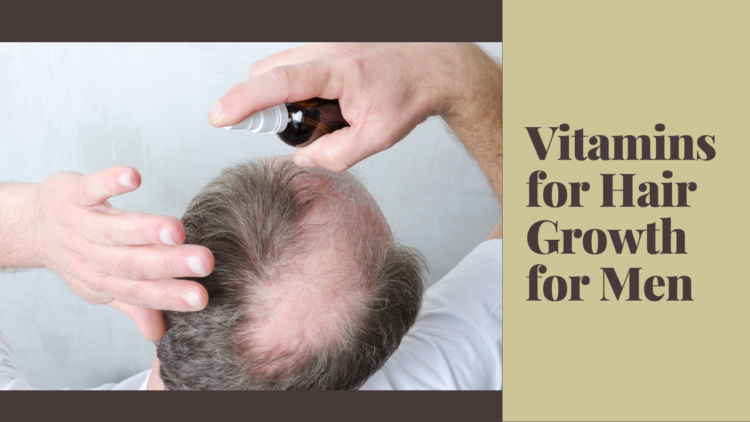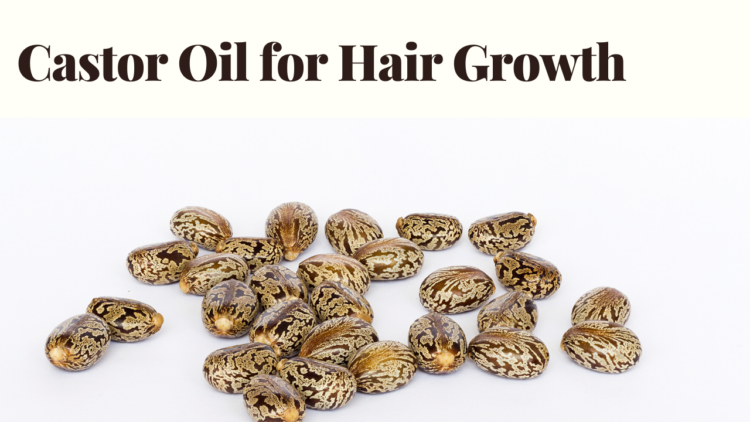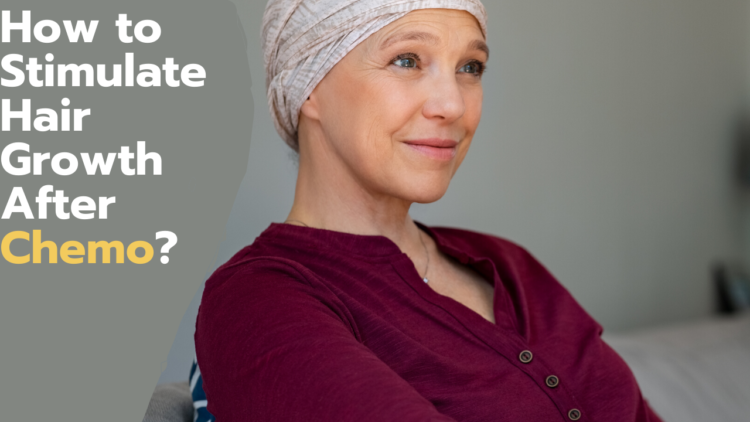Just like the rest of your body, your hair needs to be maintained and well kept to stay healthy. Obviously vitamins are a great way to help keep your hair healthy and strong, but there are other things you can do to make sure you have a nice set of hair on your head. Hair washing techniques, hair products and natural remedies can all be utilized to maintain healthy hair.
How to Make Hair Grow Faster
There are a lot of ways to make your hair grow faster besides just loading up on vitamins. If you’re not satisfied with the rate your hair is growing at, don’t panic; consider some of these great tips to help your hair grow faster.
- Stop loading up on chemicals: Throwing a bunch of chemicals at your hair to help it “look better” is doing more harm to your hair than you can imagine. Chemicals weaken your hair and slow growth. The same way throwing tons of preservatives into your food harms your body, constantly using chemicals on your hair causes harm to your hair.
- Scalp massages:The great thing about scalp massages is not only will they help promote hair growth, but they’re also a great way of giving yourself a little treat! Scalp massages help to generate blood flow to the scalp and stimulate hair growth. Consider hot oil treatment as well with your scalp massages. Heating up some olive oil (rosemary oil works well as well) and using it as a part of your scalp massage will help provide your scalp with much needed nourishment.
- Improve your overall health: Living a healthy lifestyle helps improve your immune system which helps stop your vitamins from diminishing. And when you’re healthier you feel better, which may encourage you to take better care of your hair.
- Wash your hair: Make sure you’re keeping your hair clean to help reduce build up of residue, dead skin and dandruff. These menaces can congest hair follicles and stunt hair growth.
Choosing the Right Shampoo
Knowing what kind of shampoo works best for your hair is essential in maintaining healthy hair. There are several factors to consider when choosing the type of shampoo that works for you. Ingredients are probably at the forefront of things to consider when choosing your shampoo. Make sure you know what the ingredients in your products are and what they do. Stick to products that have natural ingredients and are not loaded with a bunch of chemicals that you can’t pronounce.
A lot of people make the mistake of assuming that just because a shampoo advertises the fact that they include certain vitamins, they are somehow superior. This is not true. Vitamins aren’t well absorbed through the scalp and you’re better off including vitamins in your regular diet. Vitamins taken in through food are much better absorbed than those in shampoo.
Another thing to consider when choosing your shampoo is your hair type. Is your hair curly, straight, limp or dry? The answer to this question will help you make the best decision for your shampoo.
- Fine Hair: You will probably want to avoid creamy shampoos that were made for curlier hair. You’ll need something that will be gentle on your hair. And you may be able to skip on the conditioner as well. Generally, if you can manage to run a comb through your hair after washing it, conditioner isn’t necessary.
- Curly Hair: As opposed to fine hair, you can go ahead and use creamy shampoo for your curls. Look for shampoo with natural oils such as coconut oils to help moisturize your hair. These creamier shampoos are usually moisturizing as well which is what you should be looking for.
- Dry Hair: If your hair is dried out or damaged, stick to creamy shampoos instead of thinner or clear shampoos. Creamier shampoos will help detangle your damaged hair and help provide some moisture to combat the dryness.
Natural Dandruff Remedies
One of the most irritating things about trying to keep healthy hair is getting rid of dandruff. There are plenty of dandruff shampoos on the market and chemicals that promise to get rid of dandruff, but you may want to try out some of these natural dandruff remedies as a way of getting rid of dandruff and keeping your hair healthy at the same time.
- Vinegar: One of the most popular and well known home remedies for getting rid of dandruff is washing your hair with vinegar. White wine vinegar seems to be the most popular option. You can use straight vinegar or make a mixture of water and vinegar.
- Olive Oil: Similar to vinegar, washing your hair with olive oil is another great natural way to get rid of dandruff. The oil keeps your hair from drying up and flaking, thus preventing dandruff.
- Lemon Juice: When life gives you lemons, use it to get rid of your dandruff. Use the juice from lemons to massage your scalp and let it sit for about 15 minutes. Not only will it fight dandruff, but it also gives your hair some shine!
Other Hair Growing Tips
One easy way to help your hair grow is putting down cigarettes if you’re a smoker. The smoke from cigarettes alone is enough to damage your hair, and all the chemicals you’re inhaling into your body aren’t helping at all. Another thing you can do to help out with hair growth is try to keep stress at a minimum. This will save you some headaches as well.
If you follow these tips and take our advice, you can help prevent hair loss and maintain healthy hair. Stick to natural products and avoid chemicals whenever possible. Your hair is a part of your body and health and should be treated as such. This state of mind will help you keep a healthy set of hair for a very long time.


